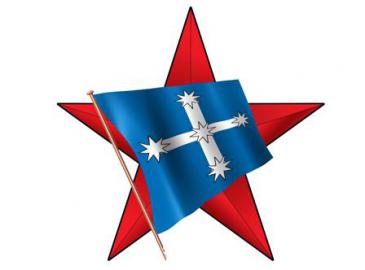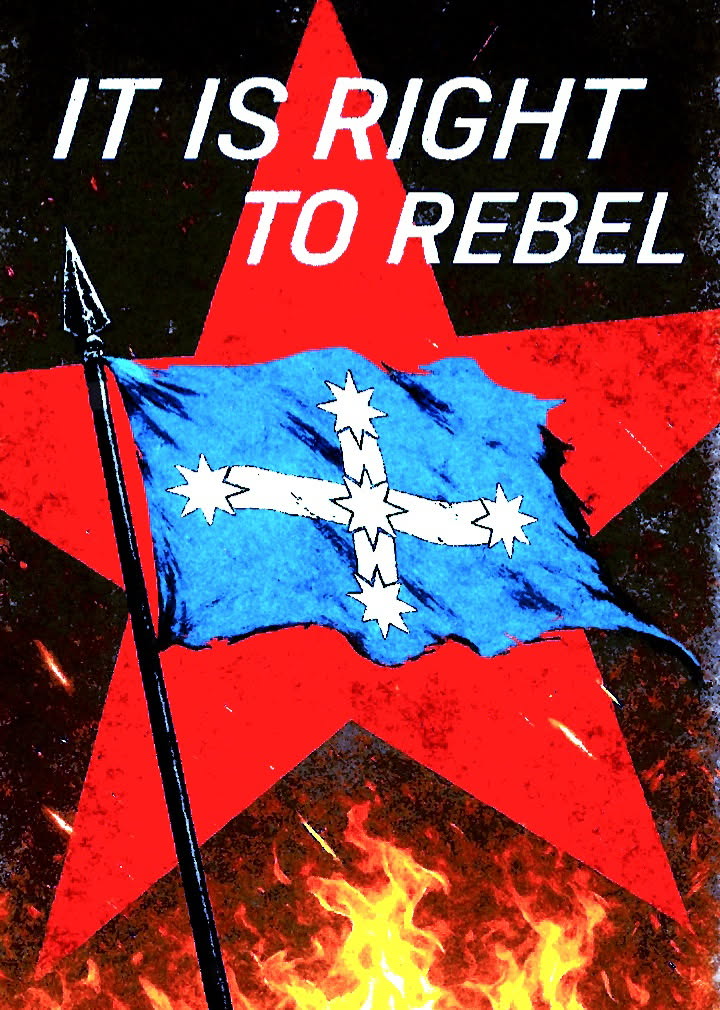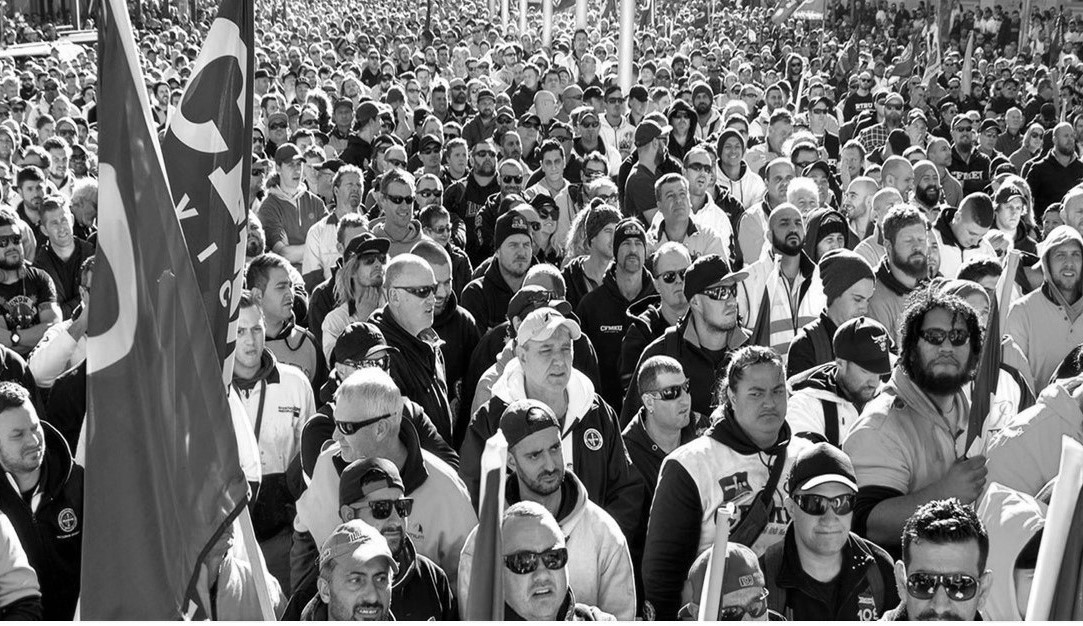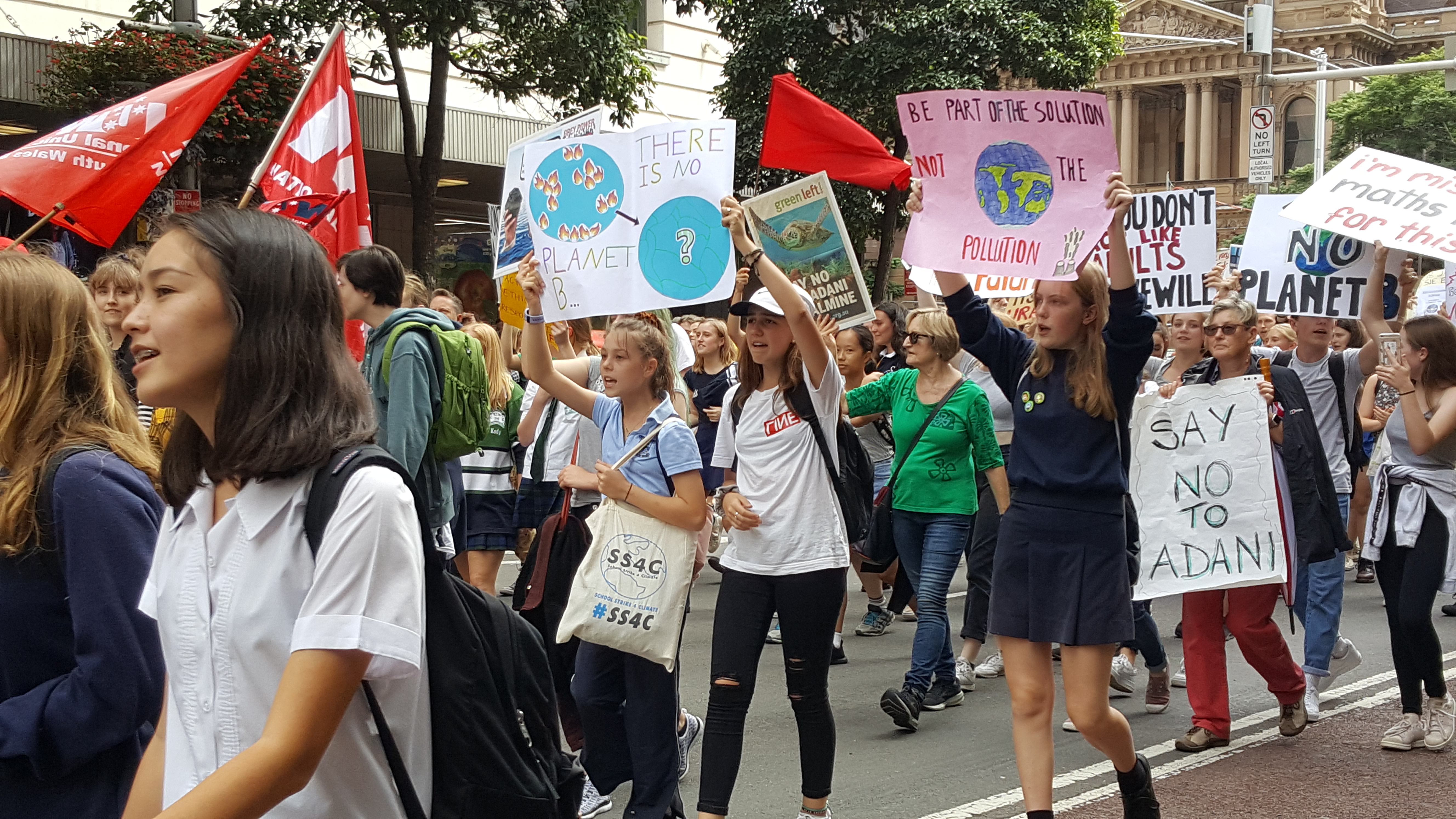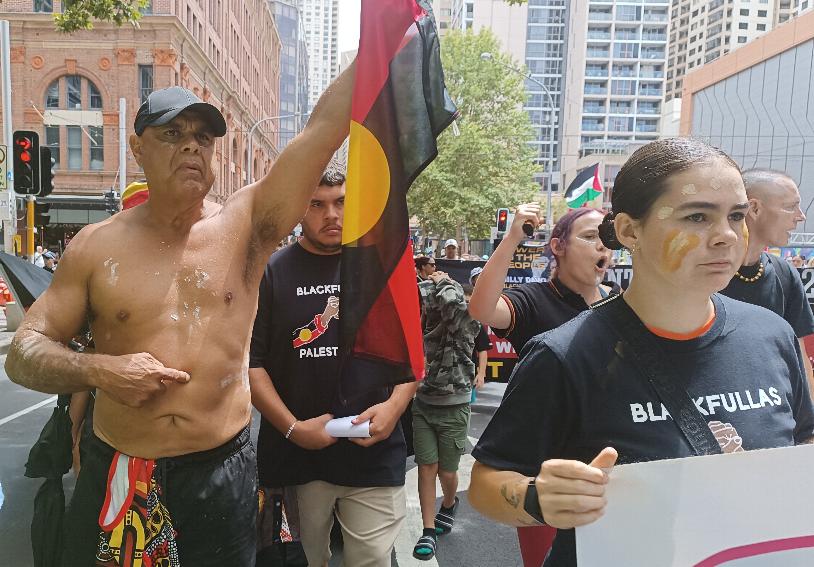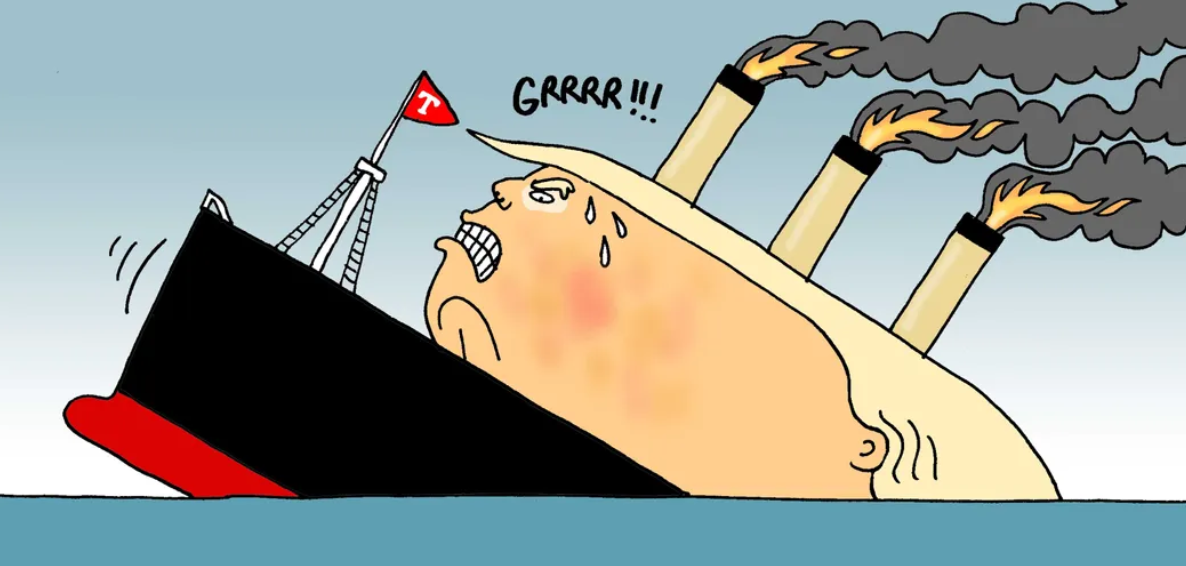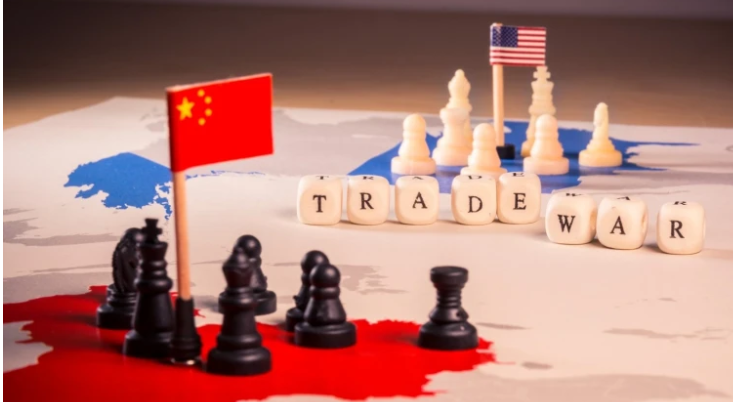Written by: M-L-M Parties on 30 April 2025
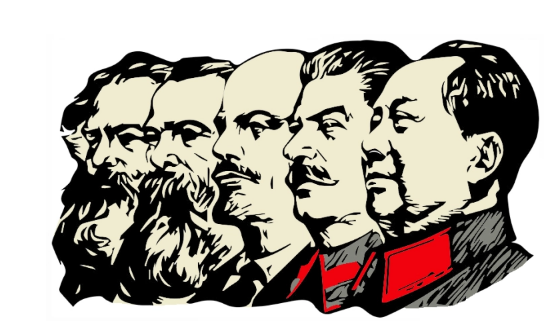
Against the Imperialist War, Reaction, Fascism, Repression, Poverty and Oppression
Proletarians and Oppressed Peoples of the World, unite!
We Have Nothing to Lose But Our Chains and Have a World to Win!
Let’s take the streets this May 1st, international day of struggle of the working class and oppressed peoples that is being held this year in a context of sharpening imperialist system contradictions and growing repression, which is opposed by a growing resistance of the proletarians and peoples.
The furious attacks of imperialists, their States and their governments on proletarians and the masses reflect the unloading on proletarians and the masses of their general crisis that is deepening.
All imperialist States and governments are increasing military spending beyond measure and explicitly say that we must prepare for war.
The imperialist powers US/NATO/EU are equipping themselves with increasingly modern and devastating armaments and plan to use of nuclear weapons; they are strengthening their armies, militarizing their territories, developing the war economy.
Russian imperialism and Chinese social-imperialism are on the one side the target of this offensive and on the other one are riding the crisis of USA/NATO/EU imperialism to prepare a new set up more favourable to them.
The imperialist war originates from the global economic crisis of the imperialist capitalist system that demands a new partition of the world.
The Russian invasion of Ukraine, the ongoing genocide in Palestine by the Zionist state of Israel, the attacks on Lebanon, Yemen, Syria, the occupation of Kurdistan and massacres on the Kurdish people by the fascist Turkish state, the preparations of the US to attack and encircle China through the Philippines with alliances in the Indo-Pacific are aspects of the march towards the war of partition.
It is opposed by the action of China in the global economic arena, the invasion of Ukraine by Russia and also the gradual line up of other countries in the world which their reactionary regimes aspire to become gendarmes in their areas within the imperialist system: Turkey, India, Brazil, etc.
The costs of war and rearmament are unloaded on proletarians and people’s masses with heightening cost of living, unemployment, precariousness, cuts of social spending, attacks on the rights and struggles of proletarians and people’s masses. The capitalists intensify the exploitation and more and more turn the proletarians and the most exploited sections of them into modern slaves at the service of profit.
In the countries oppressed by imperialism, poverty and oppression of the people are worsening, and they also pay for the global environmental climate crisis and the effects of natural disasters.
While externally the imperialist states and governments prepare war, internally the tendency to modern fascism combined with the crisis of imperialism advances and the tendency to a world imperialist war finds today a reference point in the Trump presidency and the fraction of the ruling class of the imperialist bourgeoisie which came to power in the US, restricting and erasing the vestiges of bourgeois democracy itself, attacking democratic freedoms and filling prisons, establishing increasingly dictatorial forms of government, within which fascist parties and modern fascism advance, according to the characteristics of the different countries.
Women's rights, freedom of thought are attacked, hatred is fomented, chauvinism and nationalism are strengthened to hit the people’s resistance, divide the proletariat and the masses, at the service of the domination of the ruling classes and their lackeys. Racism is intensified with attacks in all forms on immigrants, with deaths in the sea, concentration camps, slave exploitation, expulsions and deportations. The monopoly of old and new media is increasingly in the hands of technological oligarchies that make huge profits and more and more they seek to impose obscurantist culture in schools and universities.
All over the world the proletarians and the people are rebelling and resisting against imperialism, fascism, the worsening of living and working conditions.
Inside the imperialist and capitalist countries, workers carry out general strikes, as in Greece; they block ships that transport weapons of war, as in Italy, Greece etc., the youth take the streets against fascism and racism.
The new fascist-imperialist US presidency of Trump, with the Zionist operative arm Netanyahu, launched a plan of "final solution", of genocide and deportation of the Palestinian people. Against it, the heroic resistance of the Palestinian people develops, of their organizations that also with the action of October 7 have brought back to the center of the world attention the goal of a free Palestine, a Palestinian State "from the river to the sea". The struggle of the Palestinian people fuels the awakening of all the Arab masses for a liberation struggle from the Arab regimes accomplices of Zionism and in any case subservient to imperialism.
Internationalist solidarity with the Palestinian people is a great banner that calls the people to fight against imperialism. In Turkey, students, women, workers, oppressed masses oppose Erdogan's fascist regime, putting it more and more in crisis.
In some oppressed countries, from Latin America to Asia, from Africa to the Middle East, peoples’ protests and revolts advance, demanding the intensifying of the revolutionary battle for New Democracy revolutions marching to socialism. At the forefront of these struggles are women guerrillas, women workers, revolutionary women's organizations that fuel the fire of resistance and the necessary struggle for women's liberation united with the class struggle.
In many countries, youth are rebelling and are the front line of the opposition that demands and seeks the way of the revolution.
Among the revolutionary and anti-imperialist struggles in the world, the people's wars led by Marxist-Leninist-Maoist forces, particularly in India and the Philippines, inspire and show to the international proletariat and the oppressed peoples of the world the path to a true liberation from imperialism, which requires abandoning all forms of revisionism and reformism, as well as all forms of liquidationism and defeatism, to affirm that the only real alternative to capitalist and imperialist barbarism is the proletarian revolution and the only solution is socialism. We condemn the Indian state's ongoing fascist military campaign—Operation Kagar—targeting the Communist Party of India (Maoist). This offensive is not merely an attack on a revolutionary party, but a broader assault on the struggles of the toiling masses, Adivasis, and oppressed nationalities fighting for liberation and dignity.
To support the protracted people's wars is a fundamental duty and task of revolutionary communist parties and organizations in the world.
The proletariat is the largest army that exists, if the exploited and oppressed people unite, they can put an end to the capitalist world system.
Today more than ever we need the unity of Communist Parties and Organizations of the world based on the great teachings of Marxism-Leninism-Maoism that develop, in the fire of the class struggle, their being more and more the advanced detachment of the working class, leading nucleus of the entire proletariat and people, promoters and central element of the construction of a united revolutionary front against imperialism, fascism, exploitation and oppression.
Proletarian internationalism demands the march, through unity and struggle, to advance to a new Communist International. On this 1st May it is necessary to advance this tendency and affirm it in the ranks of the proletariat and the oppressed peoples engaged in the revolutionary struggle.
THIS MAY 1st LET'S RAISE HIGHER THE RED FLAG OF REVOLUTION!
Stop the imperialist war, where it develops and breaks out, let's transform it into a revolutionary war for proletarian power!
Death to fascism in all its forms!
Free Palestine from the river to the sea!
Death to imperialism, the future belongs to socialism and communism!
Communist (Maoist) Party of Afghanistan
Communist Party of Australia (Marxist-Leninist)
Construction Committee of the Maoist Communist Party of Galicia
Communist Party of India (Maoist)*
Communist Party of Turkey - Marxist Leninist (TKP-ML)
Communist Worker Union (mlm) Colombia
Communist Unity - France
Maoist Communist Party – Italy
Maoist Communist Commitee - Brasil
Proletarian Party Of Purbo Bangla (PBSP/Bangladesh).
Red Road of Iran (Maoist group)
People's Democratic Students Unity (PDSU) - Bangladesh

